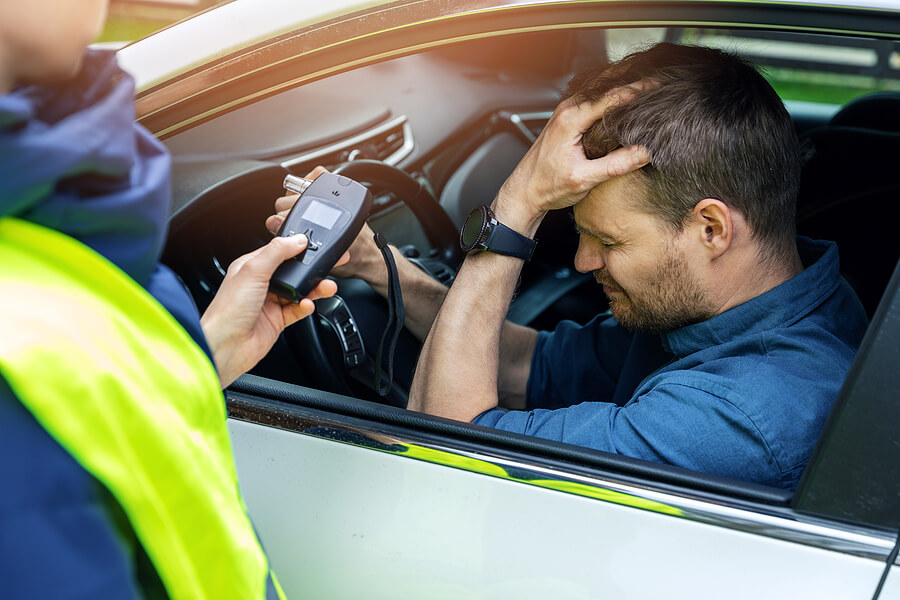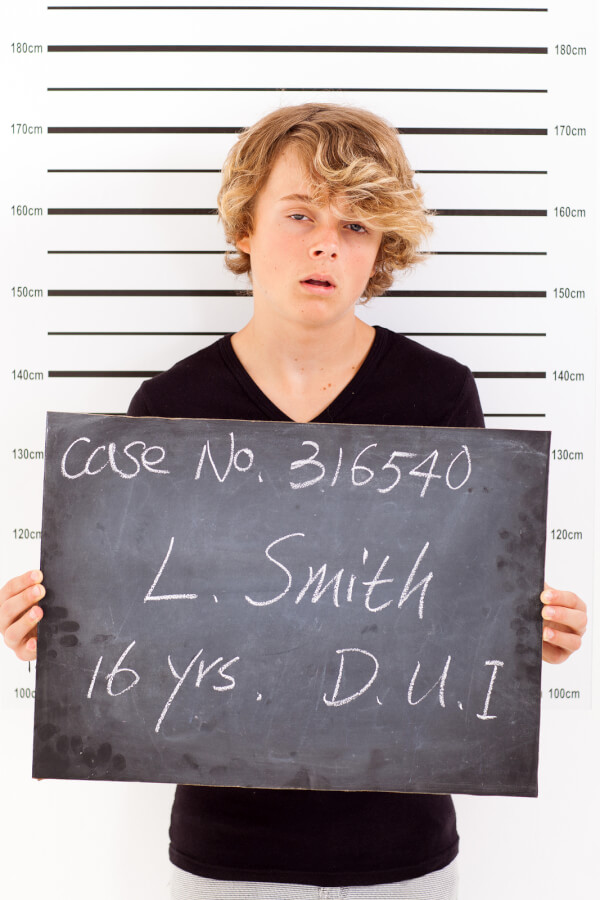While much attention is focused on the problem of alcohol-related driving and accidents, driving under the influence of drugs (DUID) offers another possibility for arrest.
North Carolina law prohibits the operation of any motor vehicle while under the influence of “an impairing substance.” This includes alcohol as well as many types of drugs, some of which are legal.
Chapter 14(a) of the North Carolina statute states:
Alcohol, a controlled substance under Chapter 90 of the General Statutes, any other drug or psychoactive substance capable of impairing a person’s physical or mental faculties, or any combination of these substances.
The statute is far-reaching enough to include both legal and illegal drugs as well as alcohol. North Carolina General Statutes Section 20-381.1 also states that an individual does not necessarily have to be intoxicated by a specific drug, only that the person has a Schedule 1 drug in his or her system at the time they were driving. However, the wide reach of the law may also include individuals who have chronic conditions that require certain types of drugs that could mimic the chemical structure of Schedule 1 substances.
Illegal Drugs
 The usual Schedule 1 drugs are covered here:
The usual Schedule 1 drugs are covered here:
- Marijuana
- Opiates such as heroin
- Cocaine
- Synthetic marijuana substances
- Amphetamines and other stimulants
- Other street drugs
Under other circumstances, these drugs also have other charges that could be levied. But during a traffic stop, they are not detectible with a breathalyzer or a field sobriety test.
Prescribed Drugs
Because of the state’s definition of a “psychoactive substance,” a range of drugs that are regularly and legally prescribed by a physician can also cause a DUID charge, including:
- Antidepressants and other psychiatric drugs
- Opiates prescribed as pain medications (i.e., Oxycontin, morphine, etc.)
- Prescription antihistamines
- Sedatives, such as Valium
This is just a shortlist of the many medications that can cause you to be impaired while driving.
Taking medication in a doctor’s office with the understanding that it could impair your ability to drive is not a defense and holds you to the same standard as someone driving with a blood alcohol content (BAC) of .08. Law enforcement is also allowed to order chemical tests to detect drugs in the system.
Over The Counter Medications
You’ve probably seen the warning labels on medications about not operating heavy machinery while taking it. That’s because some drugs such as antihistamines (allergy medications) and cold and flu treatments (i.e., Nyquil, Theraflu) can make you tired and drowsy.
Over the counter (OTC) sleep treatments can be natural formulas such as melatonin and valerian, or they can be a combination of antihistamines and Diphenhydramine HCL (such as Unisom.) Other medications that cause fatigue include diarrhea/nausea medications. Some of these medications can leave you with drowsiness in the morning, just in time for you to head to work or school.
But even though you may consider them “safe” because they are readily available at any pharmacy, they can still cause you legal problems if you are in an accident while taking one of them.
Drug Interference
When taking prescription or OTC medications, it’s important to understand how they affect you before you ever get behind the wheel. This is particularly true of medications with warnings about drowsiness.
If you take more than one, it’s possible that the drug interaction can also cause drowsiness or even cause you to fall asleep while driving. Discuss your prescriptions and OTC meds with your doctor if you find yourself with the slightest bit of tiredness. It’s possible that they should be taken at different times of the day to avoid this side effect.
Consuming alcohol can also exacerbate the effects of a “sleepytime” medication if it’s taken around the same time. It may be wise to avoid alcohol altogether to prevent the interaction that could put you at risk of an accident, as well as avoiding the drug if possible to avoid times when you would be driving.
Penalties For DUID
Much like a DUI for alcohol, DUID can bring equally harsh penalties including:
- Fines
- Jail time
- Substance abuse assessment and treatment
- License suspension of a year or more
- Court costs
- Attorney’s fees
- Dramatic increase in car insurance rates
- Vehicle seizures for habitual offenders
North Carolina has five levels of severity for DUI charges, from 1 through 5, with 1 being the most serious. Subsequent instances of DUI/DUID bring increased penalties, including a mandatory minimum jail time of one year, which can’t be suspended or waived.
Much like an alcohol-related conviction, a DUID means you’ll face other, more serious consequences, including issues with employment.
Call Raleigh’s Experienced DUID Attorney, Dewey P. Brinkley
Dewey P. Brinkley is a Raleigh attorney who can aggressively defend you against DUID charges and protect your rights in court. He will work with you to review all the evidence in your case and ensure that you have a fair trial.
Call the law offices of Dewey P. Brinkley today for a free initial consultation to discuss your DUI case at (919) 832-0307. You can also use our online contact form.

 Your license is immediately revoked if there is a blood alcohol content of 0.08 or higher. You’ll lose your license for 30 days, just for being charged with DWI. You can request a limited driving privilege after 10 days, which will cost $100, plus whatever it costs you to get to work for ten days (if you still have a job.)
Your license is immediately revoked if there is a blood alcohol content of 0.08 or higher. You’ll lose your license for 30 days, just for being charged with DWI. You can request a limited driving privilege after 10 days, which will cost $100, plus whatever it costs you to get to work for ten days (if you still have a job.)
